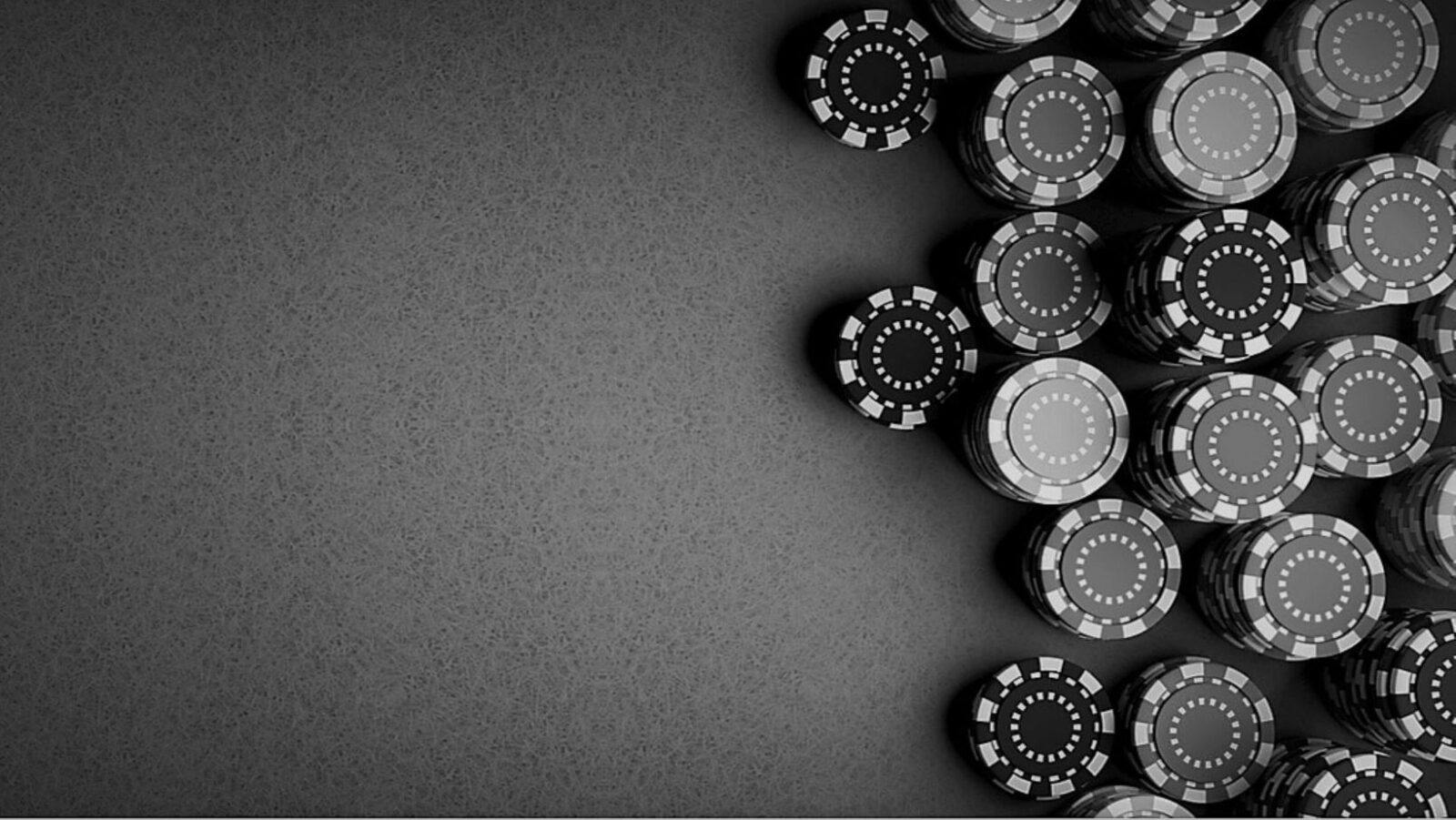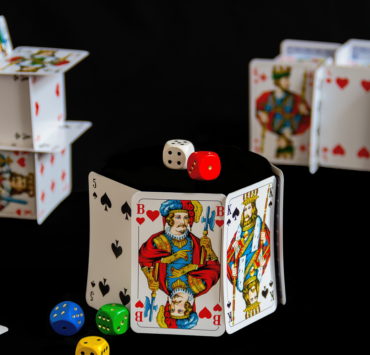The path to breaking free from gambling addiction often feels like navigating through a maze of triggers and urges. However, Cognitive Behavioral Therapy (CBT) offers powerful tools to help individuals recognize, understand, and overcome these challenges.
Let’s explore how CBT for gambling strategies can transform your response to gambling triggers and build a healthier future:
Table of Contents
ToggleUnderstanding Your Triggers
Gambling triggers can be external and internal. External triggers might include seeing advertisements, receiving payday notifications, or passing by betting shops. Internal triggers often manifest as stress, loneliness, or financial worries. CBT helps individuals identify these triggers through careful self-monitoring and awareness, creating a foundation for lasting change.
The CBT Approach to Trigger Management
CBT seeks to challenge and reformulate mindsets that cause psychological harm. Many gamblers have automatic thoughts when some triggers of gambling come into play, such as, “One bet won’t hurt” or “This time is different.” Through CBT, you learn to see that these thoughts are generally wrong and replace them with healthier, more rational forms of thinking.
Practical CBT Techniques for Gambling Recovery
The STAR method (Stop, Think, Anticipate, Respond) proves particularly effective in managing gambling urges. When a trigger appears, pause momentarily to interrupt the automatic response. Examine the thought processes and feelings involved. Think about the consequences of gambling, and consider responding differently in a healthier manner. This could involve calling a sponsor, doing something you had planned on to divert your attention, or practicing relaxation techniques.
Building New Neural Pathways
Constant practice with CBT techniques encourages the formation of new neural pathways in the brain. Instead of reacting to a trigger with gambling, one develops healthy coping mechanisms as an alternative response. This process, known as neuroplasticity, strengthens over time with consistent practice and commitment to recovery.
Creating a Robust Support System
CBT emphasizes the importance of environmental modifications and social support. This might involve blocking access to gambling websites, arranging for someone else to manage finances temporarily, or joining support groups. These external changes complement the internal work of cognitive restructuring.
Dealing with Setbacks Constructively
Recovery isn’t always linear, and CBT provides tools for handling setbacks without falling into despair. Instead of viewing a lapse as a complete failure, individuals learn to treat it as a learning opportunity.
Measuring Progress and Adjusting Strategies
CBT encourages regular evaluation of your progress. Keep track of successful moments when you overcame triggers and analyze any setbacks to refine your approach. Celebrate little victories; embrace challenges and learn from them without judging yourself. Each time you respond to a trigger, you strengthen a neural pathway for a healthy response.
CBT is a useful tool of choice for playing a positive role in overcoming gambling triggers and promoting self-exploration and personal growth, as it relates to recognizing triggers, disputing cognitive distortions, and implementing healthy coping strategies. Consistent practice and a strong support system can help individuals transform their response to triggers and move towards a gambling-free life.
However, seeking professional help is crucial for personalized guidance and support. With dedication, practice, and the right support, freedom from gambling addiction is achievable.






